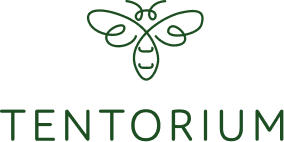
Natural wellness aligned with tradition, culture, and modern science
Across the Middle East and North Africa (MENA), more people are turning to natural medicine and holistic health to support their well-being. In this context, apitherapy — the use of bee products for therapeutic purposes — is emerging as a preferred choice for health-conscious individuals seeking safe, effective, and culturally respectful alternatives to conventional pharmaceuticals.
In this article, we explore why apitherapy is trending in the Middle East, and how its natural, halal-compliant, and time-tested approach aligns perfectly with the region’s values and wellness preferences.
1. Growing Demand for Natural and Holistic Wellness
People in the MENA region are increasingly choosing natural medicine for daily health maintenance and prevention. Concerns about synthetic additives, overmedication, and antibiotic resistance have driven interest in functional foods and natural remedies.
Apitherapy fits seamlessly into this movement. Honey, propolis, bee pollen, royal jelly, and other hive-derived products are well-known in the region, offering natural healing rooted in tradition and supported by modern research.
2. Cultural Familiarity and Religious Compatibility
One of the key reasons for apitherapy’s success in the Middle East is its compatibility with Islamic values. Bee products, especially honey, are mentioned in the Qur'an and Hadith as sources of healing and nourishment. As a result, bee-based remedies are deeply respected and trusted by many in the Muslim world.
Tentorium’s bee products are produced according to strict halal, safety, and quality standards, giving consumers peace of mind while offering natural therapeutic benefits.
3. Focus on Prevention and Immune Support
The COVID-19 pandemic significantly increased awareness about preventive health and immune system care. People now seek daily routines that boost resilience and protect long-term health.
Apitherapy plays a key role in this shift, offering non-invasive, natural immunity boosters such as propolis, royal jelly, and APV (aqueous propolis extracts) — widely used to prevent infections and maintain energy levels.
4. Safe and Scientifically Validated
Unlike some herbal supplements with unclear origins, apitherapy is backed by decades of scientific study. Clinical research confirms the antiviral, anti-inflammatory, antioxidant, and regenerative effects of various bee products.
Tentorium’s product lines are produced in GMP, ISO, and HACCP-certified facilities, combining traditional apitherapy with cutting-edge technology to ensure efficacy and safety.
5. Growing Awareness of Functional Nutrition
Across the UAE, Saudi Arabia, and other Gulf countries, consumers are becoming more educated about functional nutrition — using food and natural ingredients not just for sustenance but for targeted health outcomes.
Bee products are nutrient-dense and multifunctional: they support hormonal balance, cardiovascular health, skin, digestion, and more — making them ideal for busy, health-conscious consumers in the region.
The rise of apitherapy in the Middle East is not a trend — it’s a return to nature, science, and cultural heritage. With its strong alignment to halal principles, preventive health, and natural effectiveness, apitherapy is quickly becoming a mainstay of modern wellness in the region.
Tentorium is proud to lead this movement, offering MENA consumers access to premium bee-based health and beauty products backed by 35 years of expertise.






